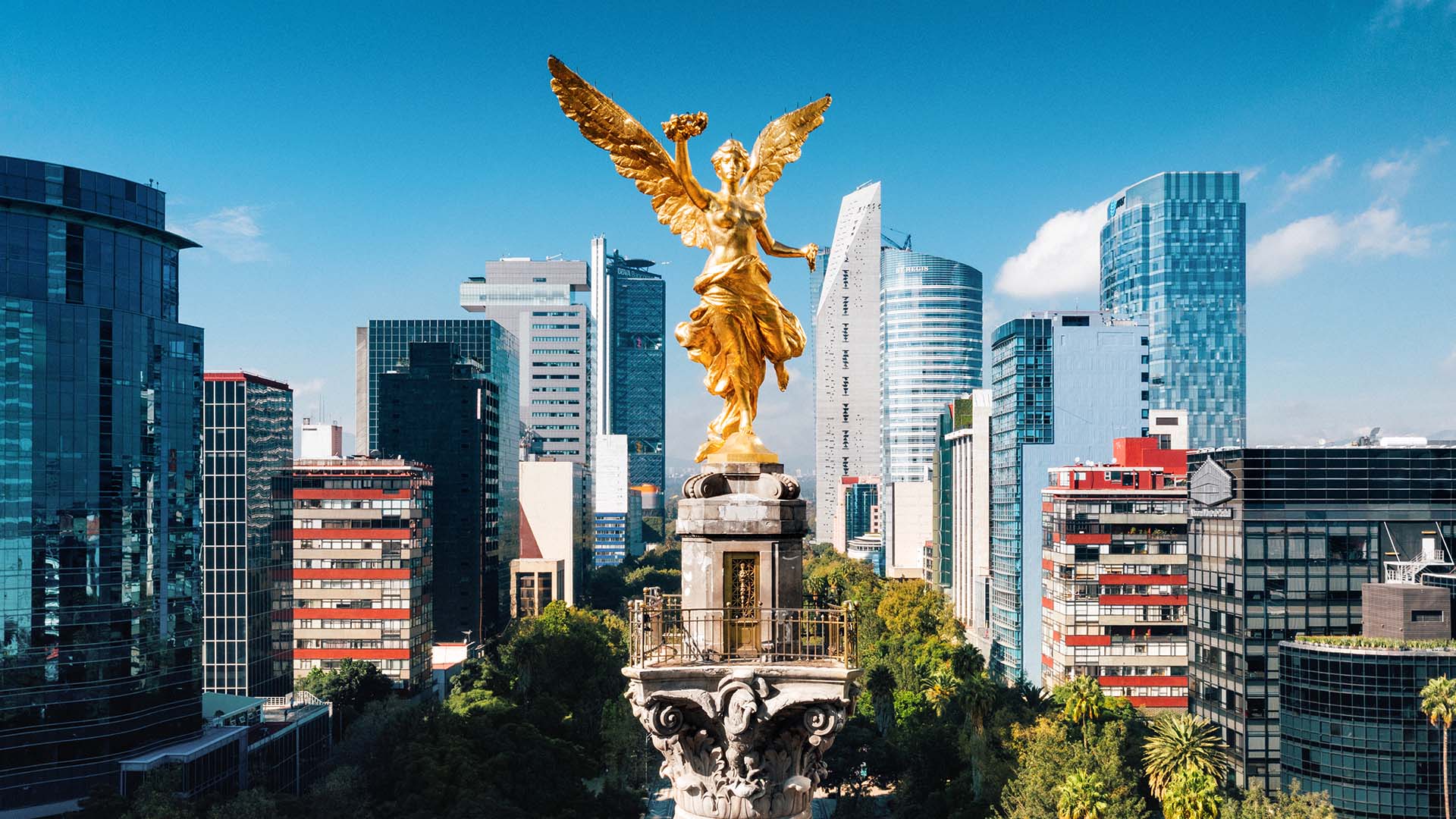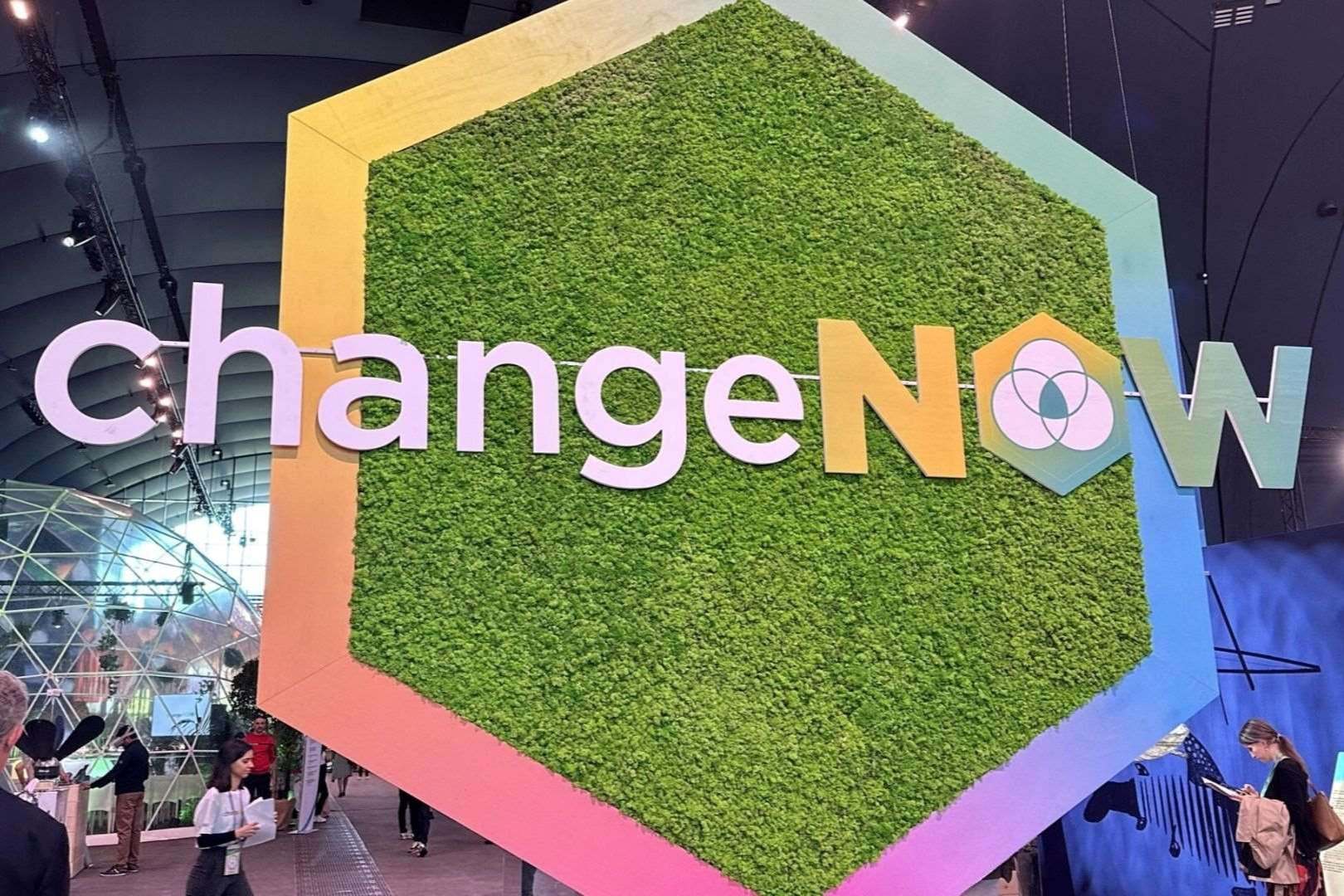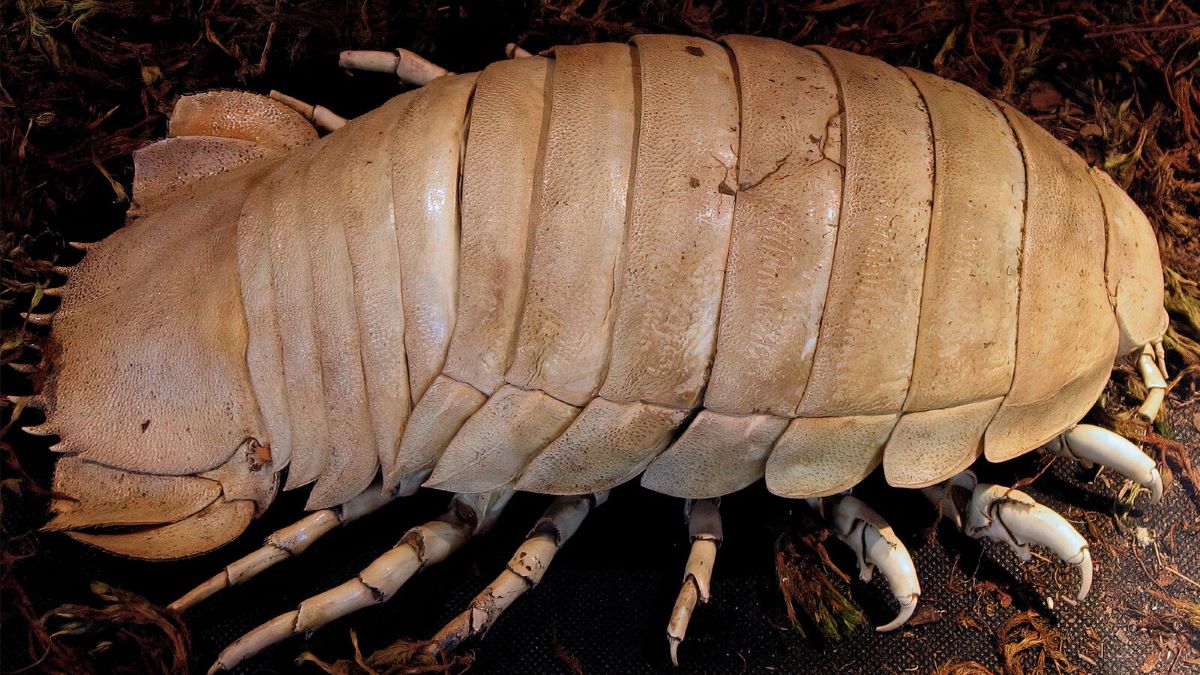
Mexico City, known locally as “Ciudad de México” or simply “CDMX,” is a vibrant and diverse metropolis that serves as the capital of Mexico. With a rich history dating back thousands of years, Mexico City has transformed into a bustling center of culture, politics, and commerce. This sprawling city is home to over 20 million people, making it one of the largest urban areas in the world. From its iconic landmarks such as the ancient Templo Mayor and the impressive Palacio de Bellas Artes to its lively street markets and mouthwatering cuisine, Mexico City offers a unique and unforgettable experience for both locals and tourists.
Key Takeaways:
- Mexico City is a vibrant metropolis with a rich history, boasting over 150 museums, a thriving art scene, and a diverse culinary culture. From ancient Aztec roots to modern skyscrapers, the city seamlessly blends tradition and progress.
- With a population of over 21 million people, Mexico City is one of the most populous cities in the world. It offers stunning views from its high altitude, a vibrant nightlife, and a thriving LGBTQ+ community. The city is a visual feast of colorful architecture and a haven for food lovers.
Mexico City is the capital and largest city of Mexico.
With a population of over 21 million people, it is one of the most populous cities in the world.
The city was originally built on an island.
Mexico City was founded in 1325 on an island in Lake Texcoco by the Aztecs. Today, it has expanded far beyond its original boundaries.
Mexico City is one of the highest altitude cities in the world.
Sitting at an elevation of 2,240 meters (7,350 feet) above sea level, it offers stunning views of the surrounding mountains.
The city has a rich cultural heritage.
It is home to numerous UNESCO World Heritage sites, including the historic center, Xochimilco, and the ancient city of Teotihuacan.
The Zocalo is one of the largest city squares in the world.
Officially known as Plaza de la Constitucion, it covers an area of nearly 57,000 square meters (615,000 square feet).
Mexico City is known for its impressive museums.
It boasts over 150 museums, including the world-renowned National Museum of Anthropology and the Frida Kahlo Museum.
The city has a vibrant art scene.
From street art to contemporary galleries, Mexico City is a haven for artists and art enthusiasts.
Street food is a major part of the city’s culinary culture.
Tantalize your taste buds with delicious tacos, quesadillas, and churros from the numerous street food vendors.
Mexico City is prone to earthquakes.
Its location in a seismic zone has resulted in devastating earthquakes throughout its history.
The city has a comprehensive public transportation system.
From the metro to buses and eco-friendly bicycles, getting around Mexico City is relatively easy.
The iconic Angel of Independence is a symbol of the city.
Standing tall on Reforma Avenue, this monument commemorates Mexico’s fight for independence.
Mexico City has a vibrant nightlife.
From trendy bars to world-class nightclubs, the city comes alive after dark.
The city is a hub for fashion and design.
Discover unique fashion boutiques and cutting-edge design studios in Mexico City’s fashionable neighborhoods.
Mexico City hosted the Olympic Games in 1968.
These games marked a significant moment in Mexican history and brought international attention to the city.
Mariachi music originated in Mexico City.
Enjoy the lively tunes of Mariachi bands, a quintessential part of Mexican culture.
The city has an extensive network of parks and green spaces.
Escape the hustle and bustle of the city in Chapultepec Park, one of the largest urban parks in the world.
Mexico City is known for its vibrant street markets.
Explore the colorful stalls of the Mercado de la Merced or the Mercado de Jamaica for a truly authentic shopping experience.
The city has a complex system of canals.
Xochimilco, a UNESCO World Heritage site, allows visitors to navigate these ancient waterways on colorful trajineras.
Mexico City is home to the Basilica of Our Lady of Guadalupe.
This religious site attracts millions of pilgrims each year and is an important symbol of Mexican Catholicism.
The city has a thriving film industry.
It has produced several critically acclaimed directors and actors who have achieved international recognition.
Mexico City has a vibrant LGBTQ+ community.
It hosts one of the largest Pride parades in the world, attracting visitors from far and wide.
The city has a wide array of architectural styles.
From ancient Mesoamerican ruins to modern skyscrapers, Mexico City’s architecture is a testament to its rich history.
The National Palace is a must-visit attraction.
Admire the beautiful murals by Diego Rivera that depict Mexico’s history on the palace walls.
Mexico City has a diverse range of cuisines.
From traditional Mexican dishes to international fusion cuisine, the city offers a culinary delight for every palate.
The city has a vibrant wrestling culture.
Experience the excitement of lucha libre, Mexican professional wrestling, at the famous Arena Mexico.
Mexico City is a UNESCO City of Design.
It joins a prestigious list of cities recognized for their commitment to design and innovation.
The city has a network of underground tunnels.
These tunnels, known as the Cuauhtemoc Passage, were built in the early 20th century to alleviate traffic congestion.
The city has a vibrant traditional music scene.
Listen to the captivating sounds of traditional Mexican music, such as ranchera and corrido, performed by local musicians.
Mexico City has a vibrant street art scene.
Discover colorful murals and graffiti art adorning the walls of the city’s neighborhoods.
The city has a deep connection to the Day of the Dead.
Experience this unique Mexican tradition during the annual celebration, where the streets come alive with vibrant decorations and altars.
Mexico City has a thriving theater scene.
From classic plays to avant-garde performances, the city offers a diverse array of theatrical productions.
The city is home to the University City campus.
This UNESCO World Heritage site is renowned for its modernist architecture and expansive green spaces.
The Aztec Stadium is one of the largest stadiums in the world.
It can accommodate over 87,000 spectators and has hosted numerous sporting events and concerts.
Mexico City has a vibrant coffee culture.
Sample delicious Mexican coffee at the city’s quaint cafes and roasteries.
The city hosts the International Cervantino Festival.
This renowned arts festival celebrates the works of Spanish writer Miguel de Cervantes and attracts performers from around the world.
Mexico City has a thriving street performance scene.
Be entertained by talented buskers and performers on the streets and plazas of the city.
The city has a complex system of canals.
Xochimilco, a UNESCO World Heritage site, allows visitors to navigate these ancient waterways on colorful trajineras.
The city is known for its vibrant Day of the Dead celebrations.
Experience the colorful parades, intricate altars, and traditional ceremonies during this special time of year.
Mexico City is a center for innovation and technology.
It is home to numerous tech start-ups and entrepreneurial ventures.
The city has a thriving underground music scene.
Discover the sounds of alternative, indie, and electronic music at the city’s underground venues.
Mexico City is known for its colorful architecture.
From the vibrant facades of colonial buildings to the modernist designs of contemporary structures, the city is a visual feast.
The city is a haven for food lovers.
Indulge in a wide range of culinary delights, including traditional street food, gourmet restaurants, and international cuisines.
Mexico City has a vibrant fashion industry.
From haute couture to street fashion, the city is a trendsetter in the world of style.
The city hosts the annual Mexico City Marathon.
Runners from around the world flock to Mexico City to participate in this prestigious marathon.
Mexico City is a city of contrasts.
From the ancient ruins of Teotihuacan to the modern skyscrapers of Polanco, the city seamlessly blends the old with the new.
Conclusion
In conclusion, Mexico City is a vibrant and fascinating metropolis that is rich in history, culture, and attractions. From its ancient Aztec roots to its modern skyline, the city offers a unique blend of old and new. Whether you’re interested in exploring ancient ruins, indulging in delicious cuisine, or immersing yourself in the rich artistic scene, Mexico City has something to offer everyone. With its bustling markets, colorful neighborhoods, and impressive museums, a visit to Mexico City is sure to be an unforgettable experience.
FAQs
Q: What is the population of Mexico City?
A: Mexico City is home to over 21 million people, making it one of the most populous cities in the world.
Q: What is the best time to visit Mexico City?
A: The best time to visit Mexico City is during the dry season, which runs from November to April. The weather is mild and pleasant, making it ideal for exploring the city’s attractions.
Q: What are some must-visit attractions in Mexico City?
A: Some popular attractions in Mexico City include the ancient ruins of Teotihuacan, the Frida Kahlo Museum, Chapultepec Park, and the historic city center, known as Zocalo.
Q: Is Mexico City safe for tourists?
A: While Mexico City does have some safety concerns, like any major city, it is generally safe for tourists. It’s important to take common-sense precautions, such as avoiding certain areas at night and keeping an eye on your belongings.
Q: What is the local cuisine like in Mexico City?
A: Mexico City is known for its delicious and diverse cuisine. From street food staples like tacos and tamales to upscale dining experiences, the city offers a wide range of culinary delights.
Q: What are some unique cultural experiences in Mexico City?
A: Some unique cultural experiences in Mexico City include attending a Lucha Libre wrestling match, exploring the floating gardens of Xochimilco, and participating in the Day of the Dead festivities.
Mexico City's wonders extend beyond its famous landmarks. Vibrant markets like La Merced offer a fascinating glimpse into local life, while the iconic Palacio de los Deportes hosts thrilling events. For a unique shopping experience, don't miss Mercado de Jamaica, known for its colorful array of flowers and goods. Explore more captivating facts about these remarkable destinations and uncover hidden gems in Mexico City's rich tapestry of culture and history.
Was this page helpful?
Our commitment to delivering trustworthy and engaging content is at the heart of what we do. Each fact on our site is contributed by real users like you, bringing a wealth of diverse insights and information. To ensure the highest standards of accuracy and reliability, our dedicated editors meticulously review each submission. This process guarantees that the facts we share are not only fascinating but also credible. Trust in our commitment to quality and authenticity as you explore and learn with us.


